Elder David A. Bednar of the Quorum of the Twelve Apostles taught,
“Conversion is an enlarging, a deepening, and a broadening of the undergirding base of testimony. It is the result of revelation from God, accompanied by individual repentance, obedience, and diligence. Any honest seeker of truth can become converted by experiencing the mighty change of heart and being spiritually born of God (see Alma 5:12–14). As we honor the ordinances and covenants of salvation and exaltation (see D&C 20:25), “press forward with a steadfastness in Christ” (2 Nephi 31:20), and endure in faith to the end (see D&C 14:7), we become new creatures in Christ (see 2 Corinthians 5:17). Conversion is an offering of self, of love, and of loyalty we give to God in gratitude for the gift of testimony.”
David A. Bednar
“Converted unto the Lord”
2012 October General Conference
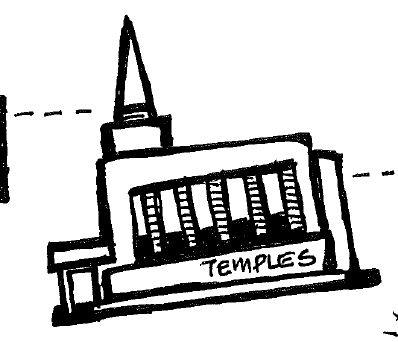
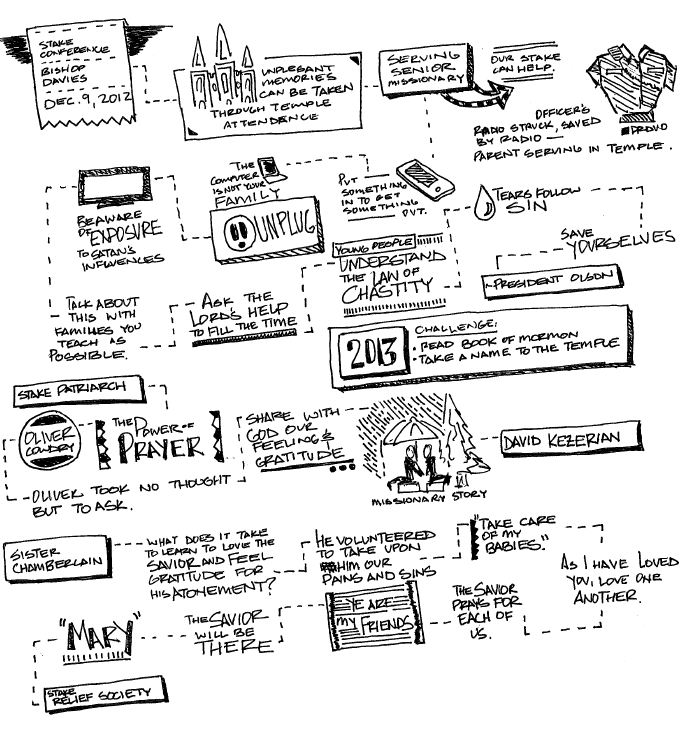
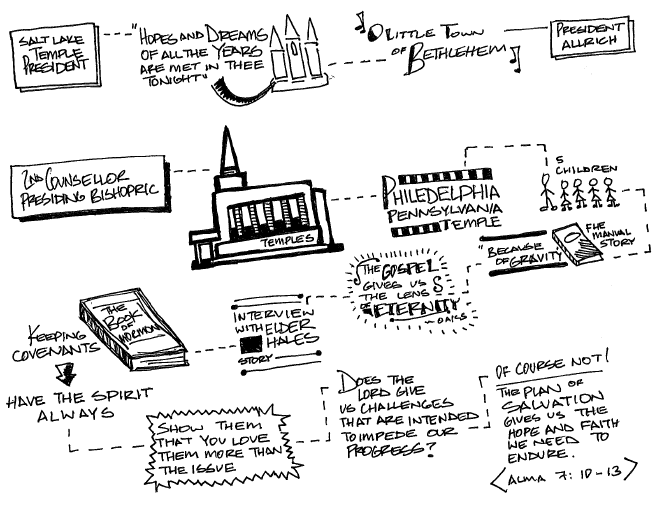
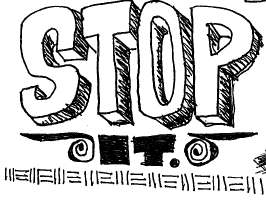
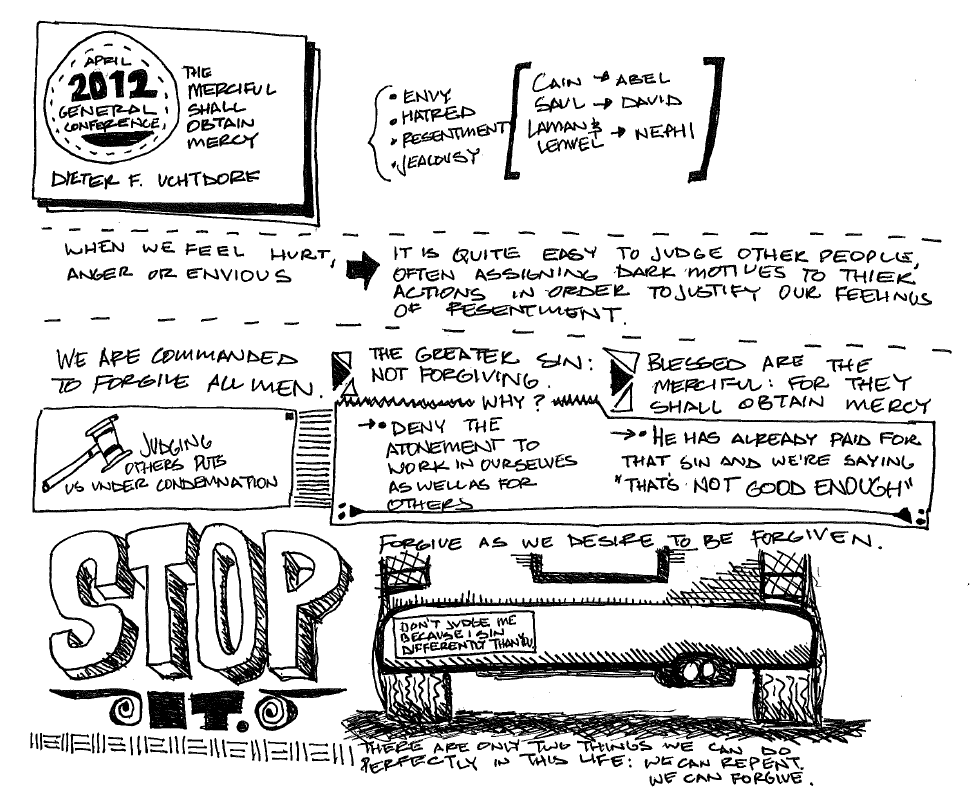
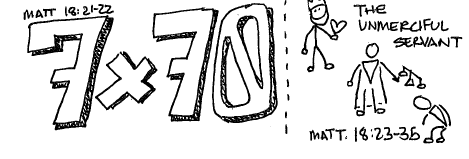

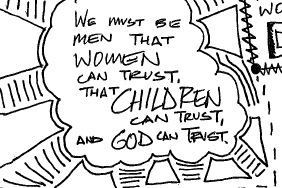
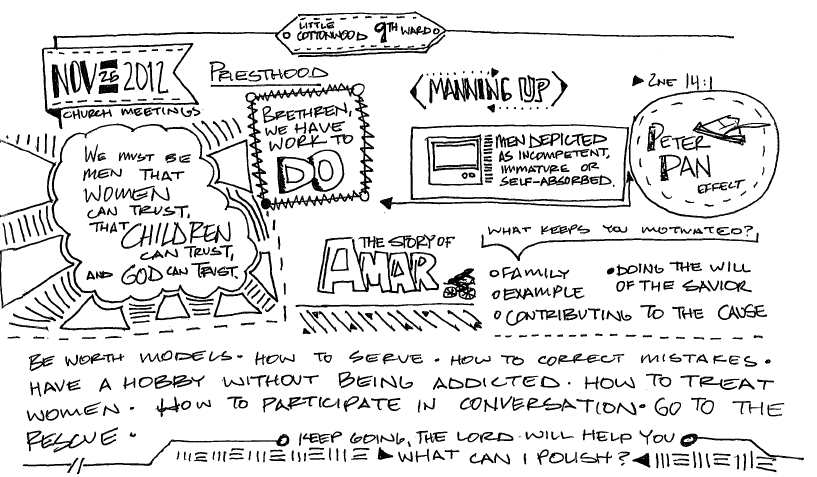
You must be logged in to post a comment.